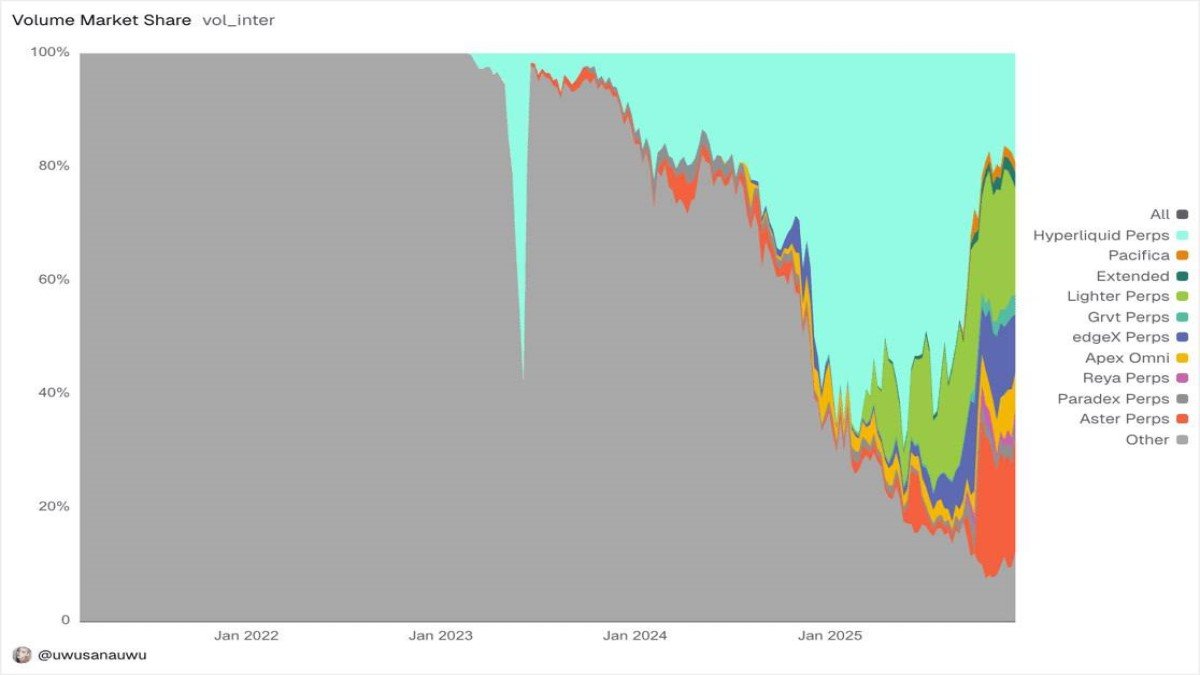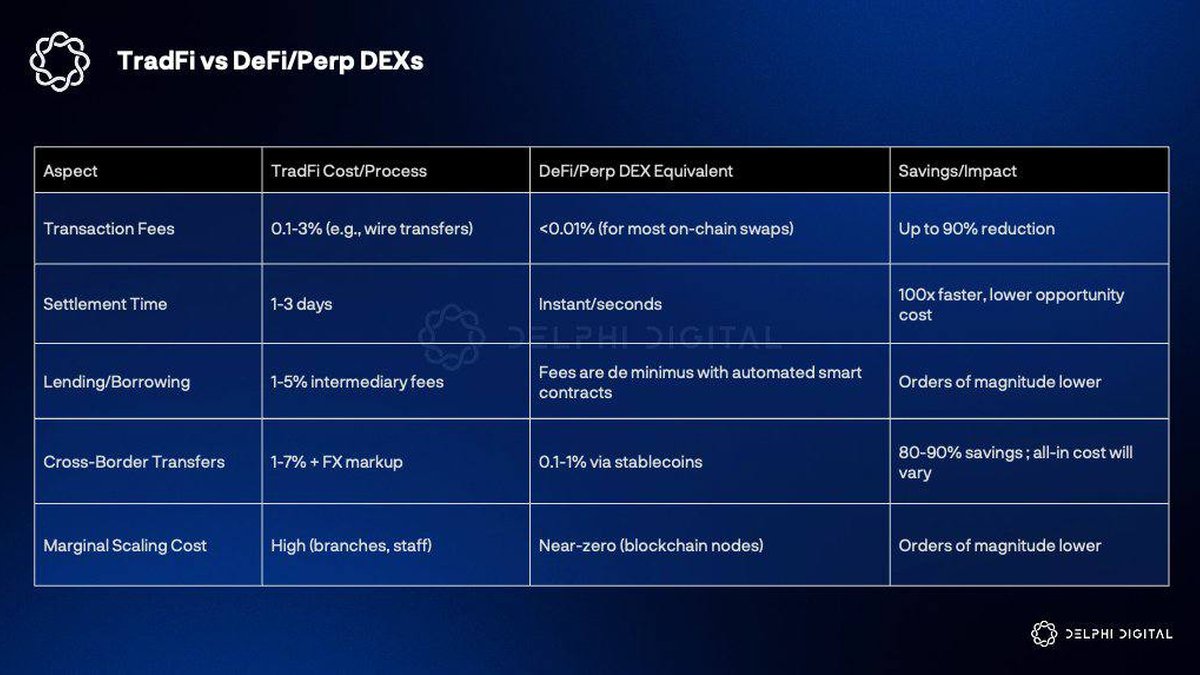Fidelity's Bitcoin Custody Service: Ensuring Institutional Security and Compliance
Fidelity’s Bitcoin Custody Service provides institutional investors with secure storage, regulatory compliance, and operational efficiency. As Bitcoin adoption rises, professional custody solutions have become critical for mitigating risk associated with direct crypto holdings.
Historical Background and Market Context
Early Bitcoin investors faced significant challenges in safeguarding digital assets, including private key management, exchange security breaches, and regulatory uncertainty. Fidelity introduced its custody service to address these issues, offering institutional-grade protection and transparent reporting. The service leverages multi-signature wallets, cold storage, and comprehensive auditing practices.
Key Features and Security Measures
- Cold and Hot Storage Solutions: Segregates funds to reduce exposure to online threats.
- Multi-Signature Authentication: Enhances transaction security by requiring multiple approvals.
- Regulatory Compliance: Fully aligned with SEC, FINRA, and global standards.
- Auditability and Reporting: Provides detailed transaction logs and asset verification for institutional oversight.
Use Cases
The custody service enables institutions to participate in crypto markets without assuming operational or security burdens. Key applications include:
Portfolio Management
Integrates Bitcoin holdings into broader investment portfolios while maintaining compliance and risk management standards.
Liquidity and Trading
Supports efficient market operations, enabling institutions to enter and exit positions without compromising security.
Compliance and Regulatory Oversight
Detailed reporting satisfies internal audit and regulatory requirements, essential for institutional adoption.
Comparisons with Competitors
Unlike self-custody or third-party services without institutional support, Fidelity emphasizes security, regulatory alignment, and operational transparency. While Bitcoin itself is decentralized, the custody service provides trusted oversight and risk mitigation for large-scale holders.
Risks and Considerations
Investors must be aware of residual risks, including market volatility and systemic operational challenges. However, Fidelity’s comprehensive safeguards, including redundancy and multi-layered authentication, significantly reduce these risks.
Investment Outlook
As institutional interest in Bitcoin grows, the need for secure custody solutions will expand. Fidelity’s service positions itself as a reliable gateway for institutions seeking exposure while maintaining regulatory compliance and operational integrity.
Further Reading and Resources
Best Crypto Apps | Crypto Insurance | Crypto Tax
Frequently Asked Questions
What is Fidelity's Bitcoin Custody Service? A secure institutional-grade storage solution for Bitcoin, providing multi-layered security, regulatory compliance, and operational oversight.
How does it compare to holding Bitcoin directly? Reduces operational and security risks while maintaining compliance, unlike self-custody or standard exchange accounts.
Is it suitable for institutions? Yes, specifically designed for large-scale investors requiring secure, compliant, and auditable solutions.







